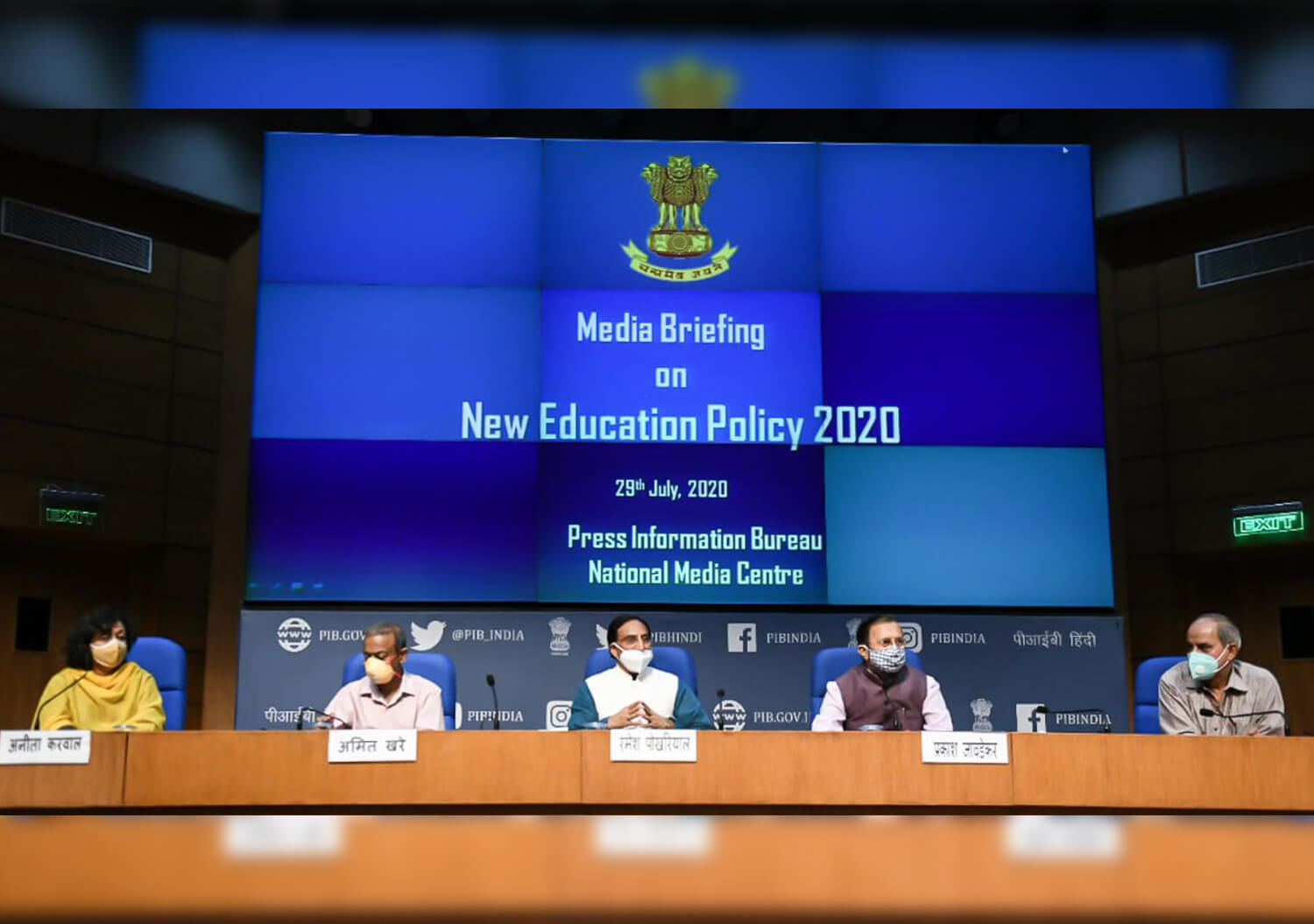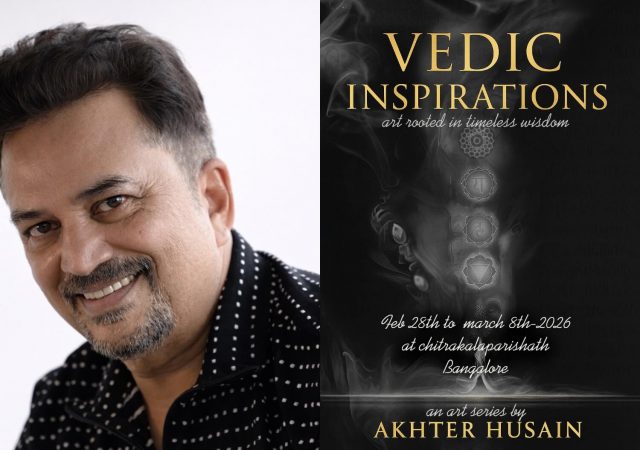The New Education Policy (NEP) 2020 has got approval from the Union Cabinet giving new structure to the backbone of the education system of India from rudimentary stages. Announced by the Union Ministers Prakash Javadekar and Dr Ramesh Pokhriyal, the new reforms focus on alteration in the pedagogy, where digital learning or E-education has been given importance keeping in mind the current crisis scenario.
According to the NEP, the ancient language of India, Sanskrit will be promoted in the schools’ curriculum and the language will be getting mainstreamed while the institutes giving higher education in the Sanskrit language will evolve towards becoming multidisciplinary universities.
With an aim of putting up a large multidisciplinary institute in every district by the year 2030, higher education will be divided into four broad categories depending on the type of course they are offering. Moreover, multiple exit will be given to the individuals going for higher education which means students can take diploma certificates after completing two years in undergraduate program and obtain a Bachelor’s degree after the completion of three years. The four year course will be preferred if the student wants to receive a degree with research work.
Vocational courses will become an integral part of the education giving broad access to the students to go for various skill developing courses from a young age. To ease off the pressure from the young minds the weightage of boards exam will be less and two exams will be conducted for the students who want to go for an improvement in their marks card. The school education system rather than following the 10+2 order will follow 5+3+3+4 structure, to encourage holistic development in the kids.
Apart from all the educational reforms, the Ministry of Human Resources has also been renamed to Ministry of Education as per the media briefing of New Education Policy 2020.
#NEP2020
Equitable and Inclusive Education:
👉Emphasis will be given on Socially & Economically Disadvantaged Groups.
👉School complexes will be supported for providing children with disabilities facilities to suit their needs, ensuring their full participation in the classroom. pic.twitter.com/P36xtKUhnI— Ministry of HRD (@HRDMinistry) July 29, 2020










